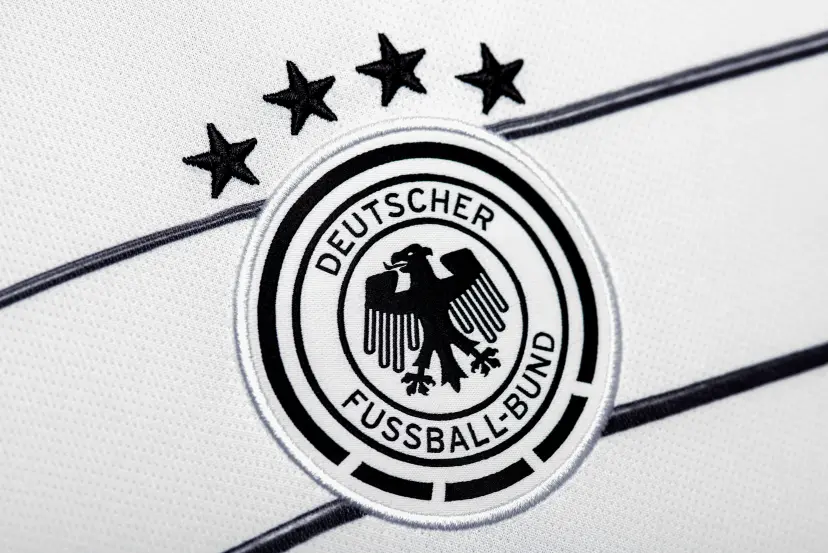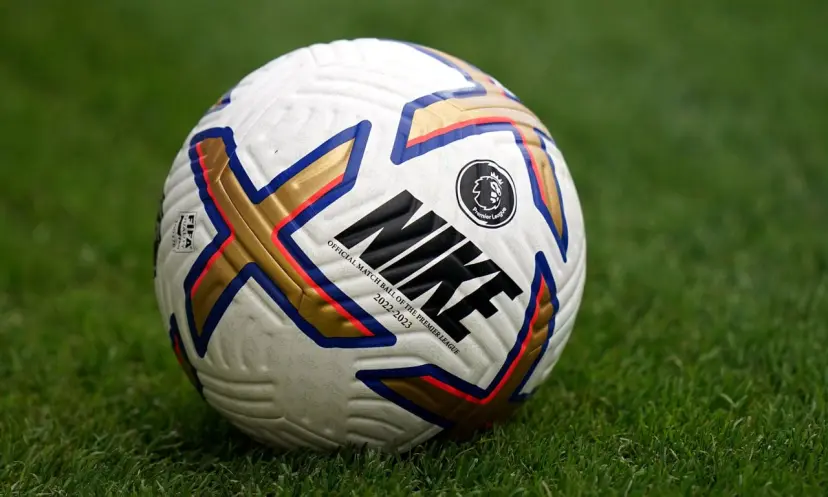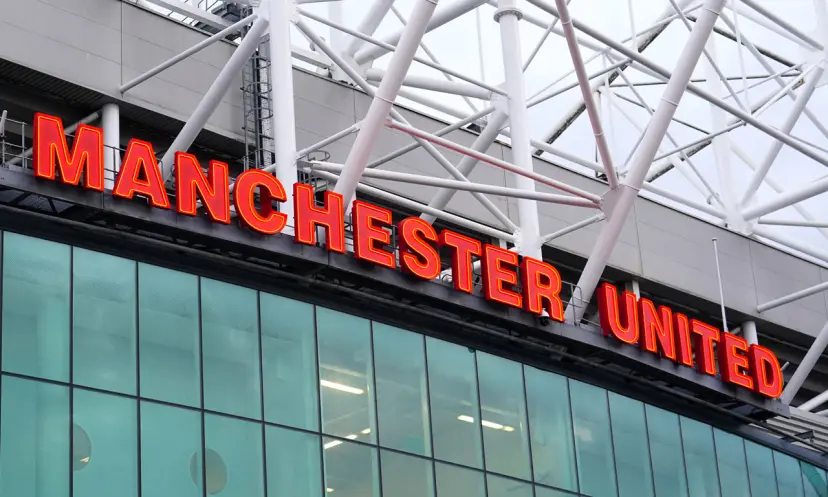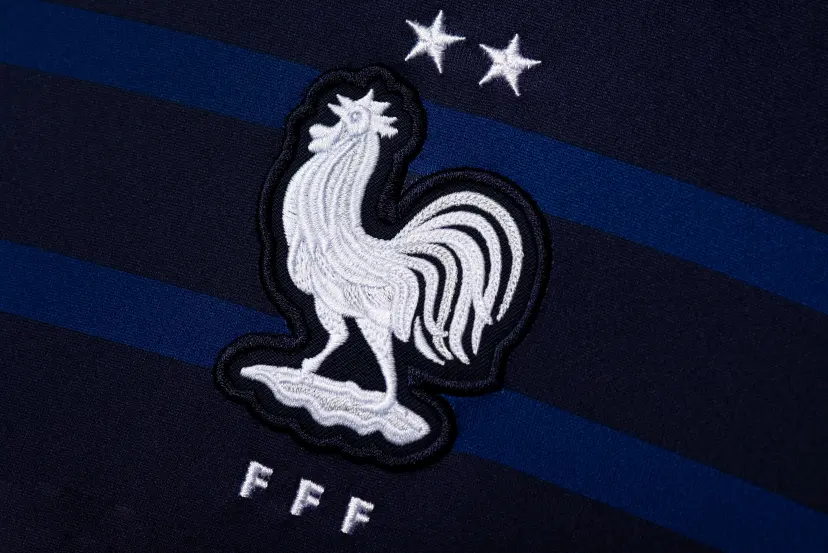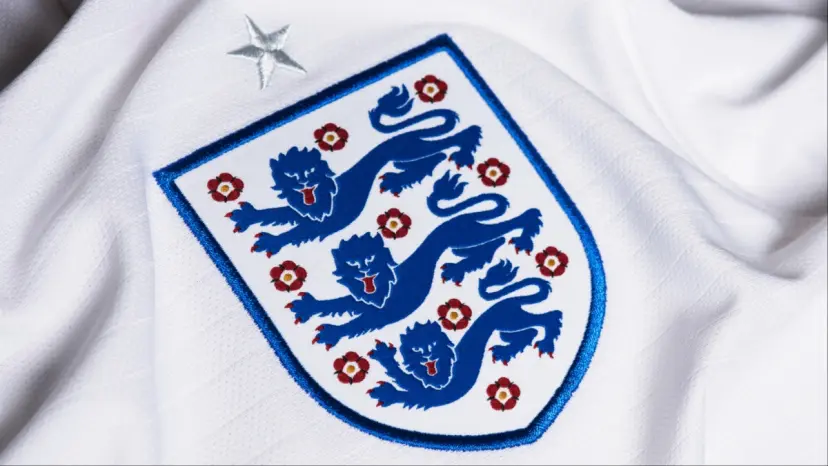What can we learn from the 2022 World Cup draw?
Published:
The 2022 World Cup draw has been made for the group stage along with confirmation of the structure of the knockout phase.
This means that along with each team’s group opponents we know their likely routes to the final in December.
Here we have broken down what the draw means for England’s World Cup hopes and the other favourites to win the tournament and what it could mean in terms of World Cup betting.
England have a tough World Cup draw
Using every nation’s current FIFA world ranking points as a measure of their ability, we can estimate the strength of each team’s group stage opponents.
For the three berths still to be contested via the play-offs in June, we have used a weighted average of the contenders’ ranking points.
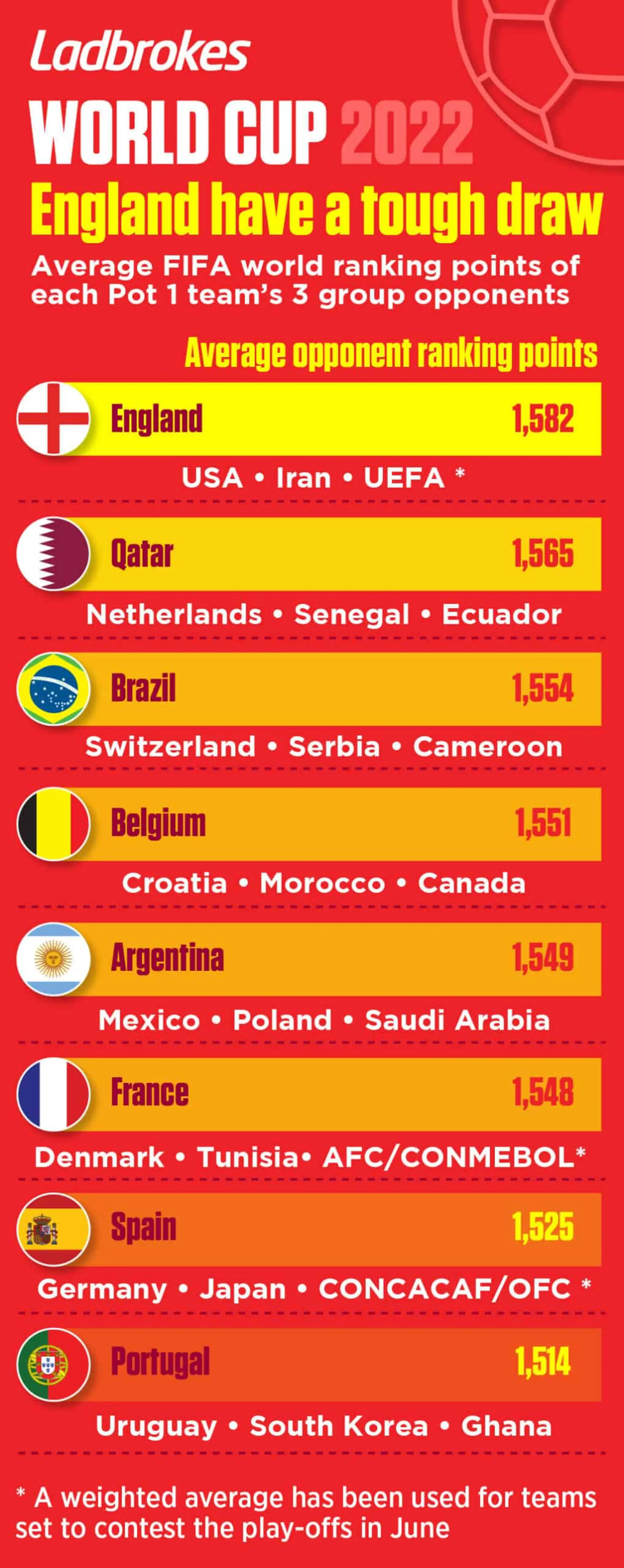
The seeding of the tournament, with teams divided into pots based on their FIFA ranking, has prevented anything close to a ‘group of death’, but Group B appears to be the toughest. While England were drawn against one of the weaker teams from Pot 2 – the United States – they were handed the strongest possible opponents from the other two pots.
The American national team is still ranked by FIFA as the 15th best in the world. Meanwhile Iran is the strongest Asian team at the tournament and also within Pot 3, currently ranked 21st in the world.
England’s opponents from Pot 4 will be Wales. With the Welsh team sitting 18th in the world rankings they would not be a pushover for Gareth Southgate’s side.
We can further evaluate the strength of England’s group stage opponents by examining their recent records.
The United States have played 28 matches against nations currently in FIFA’s top 10 over the last decade, winning around a third of these (nine) and losing almost half (12).
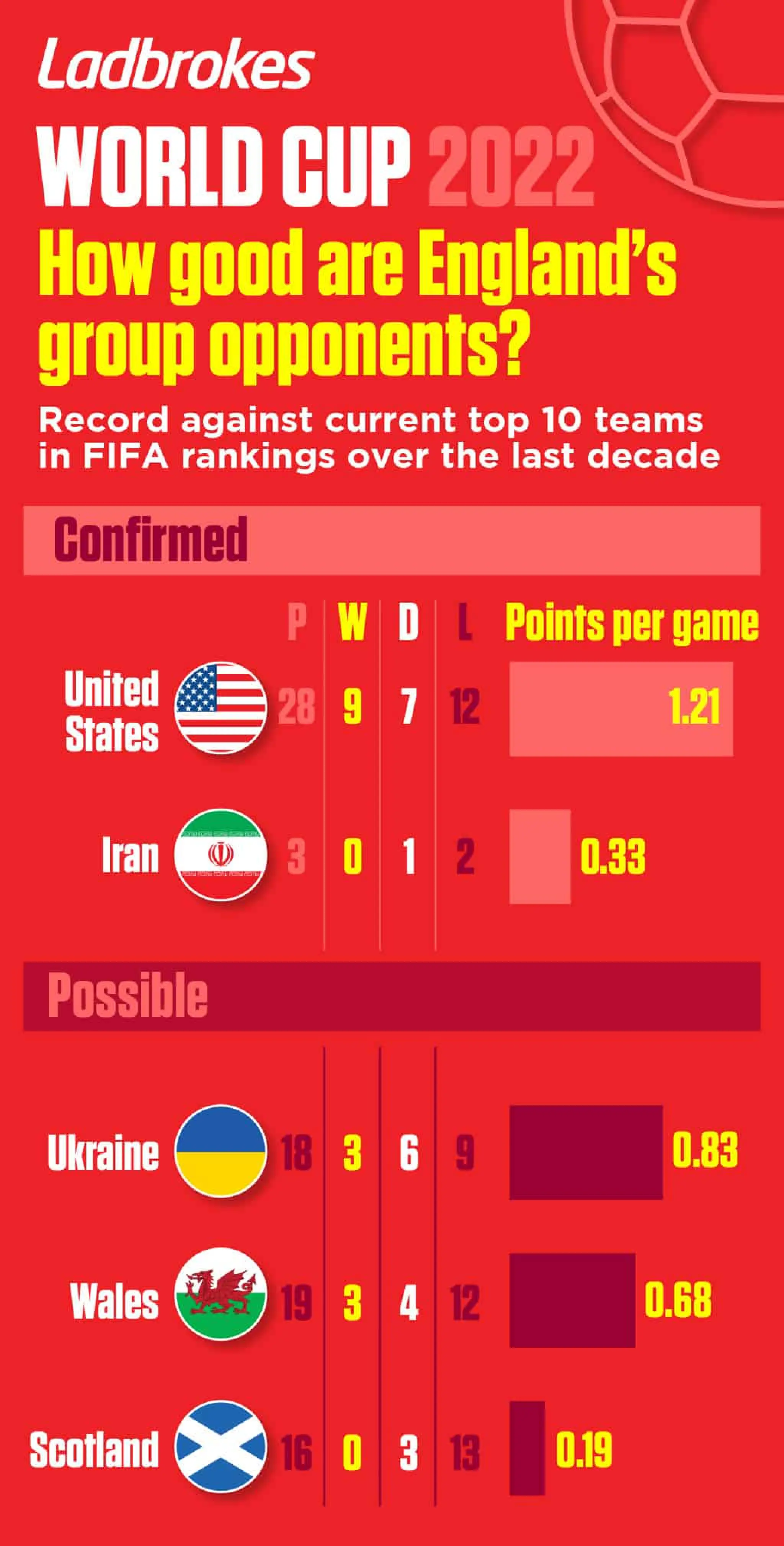
This is in stark contrast to Iran who have only played three such matches in the previous 10 years. At the 2014 World Cup they lost 1-0 to Argentina and at the 2018 tournament they were defeated by the same scoreline against Spain before a stoppage-time equaliser secured them a 1-1 draw with Portugal.
The lesson is that while the Iranian team don’t have much experience of playing the top teams, they know how to dig in against a superior opponent. All three of these results came under former Real Madrid manager Carlos Queiroz though, so it’s not clear whether his successors have since altered the team’s dynamic.
How can England reach the World Cup final?
Assuming England successfully navigate Group B and progress as winners, we can calculate their most likely opponents at each stage of the knockout phase.
In the round of 16 this would be the Group A runners-up, which could be Senegal. The African side – with Premier League stars Edouard Mendy and Sadio Mane in their ranks – are the second strongest team in their group behind the Netherlands.
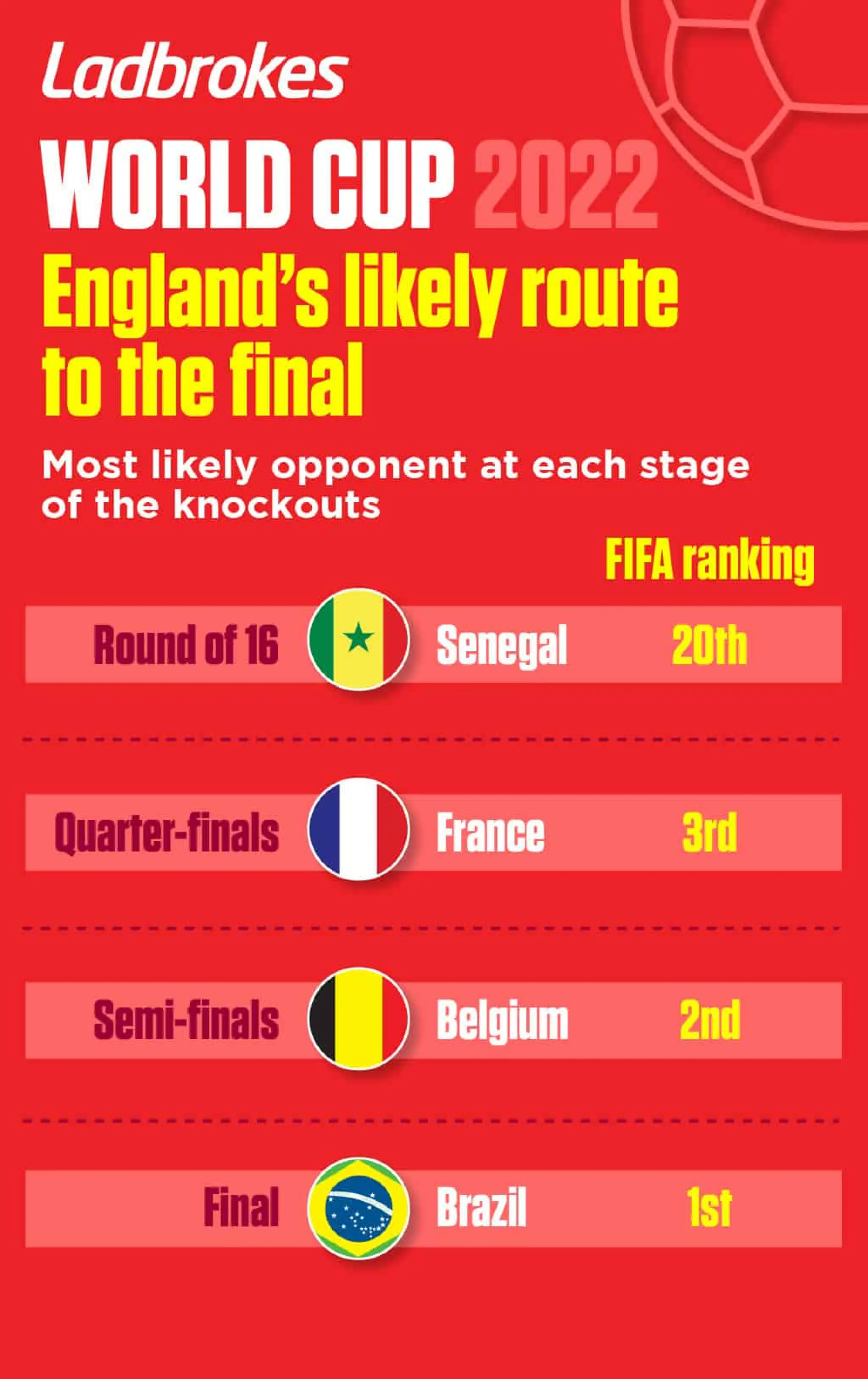
If England make it through to the quarter-finals then the strongest team in their path would be defending champions France, assuming that they win Group D as expected and dispatch the Group C runners-up in the first knockout stage. The French are ranked third in the world, so the difficulty will ratchet up quite quickly if there are no surprises along the way.
If this ends in an English victory then yet another World Cup match with Belgium is the most likely outcome. The Belgians defeated England twice at the last World Cup in 2018; once in the group stage and again in the third-place play-off.
One of the few benefits of this World Cup draw for England is that it should keep them apart from the world’s number one team Brazil until the final. Assuming that both teams win their respective groups, there is no way for them to be drawn against each other beforehand.
When will the World Cup favourites meet each other?
We can cast the net beyond England to see how the other pre-tournament favourites are likely to progress through the knockouts.
Assuming that the highest-ranked team in each group qualifies as the winner, we can build a bracket to identify when we will see heavyweight clashes during the subsequent rounds.
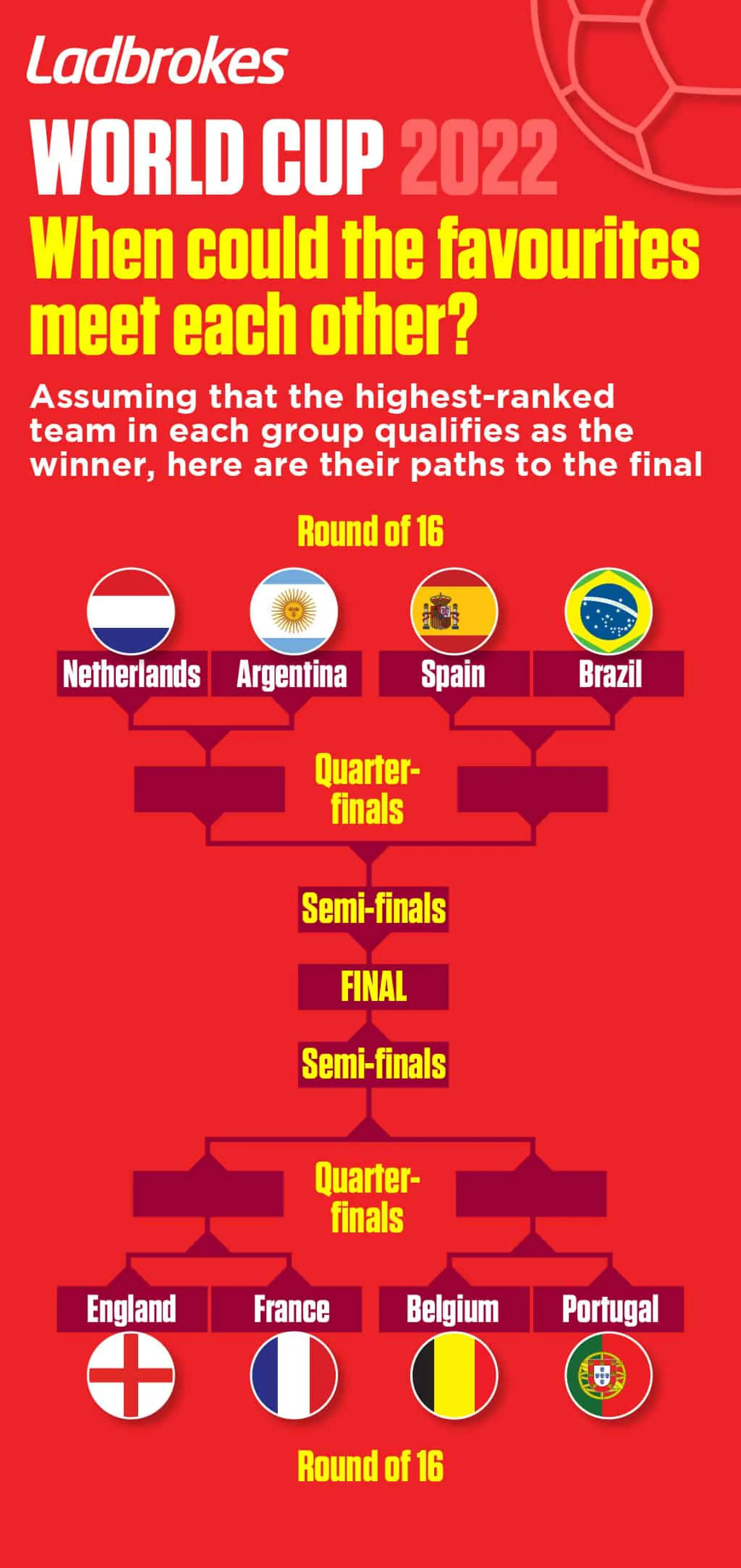
The bad news for South America is that their two heavyweights – Brazil and Argentina – cannot both reach the final if they win their respective groups; they would play each other in the semi-finals.
An early stumble from either of these teams that sees them progress as runners-up could actually prove to be a blessing in disguise for the continent as a whole.
Europe faces a similar issue on the other side of the World Cup draw, with their two highest-ranked teams – Belgium and France – on a collision course in the other semi-final if both progress as group winners.
We could therefore witness another World Cup final between representatives of football’s two most powerful continents: Europe and South America. No other continent has yet provided a finalist in the history of the tournament, with European nations outnumbering South American two-to-one in the 21 held to date.
All five of the World Cups between 1986 and 2002 ended with one finalist from each of these continents, but the pendulum has since swung in Europe’s favour. The four tournaments since then have all been won by European teams with a solitary South American finalist out of the eight; Argentina’s defeat to Germany in 2014.
Who will win the World Cup 2022?
Barring an unprecedented series of shock exits, sooner or later the world’s top football nations will meet at the tournament, but who will prevail?
We have calculated a mini-league based on each of the current FIFA top 10’s results against each other over the last five years to see which teams fare best against high-quality opposition.
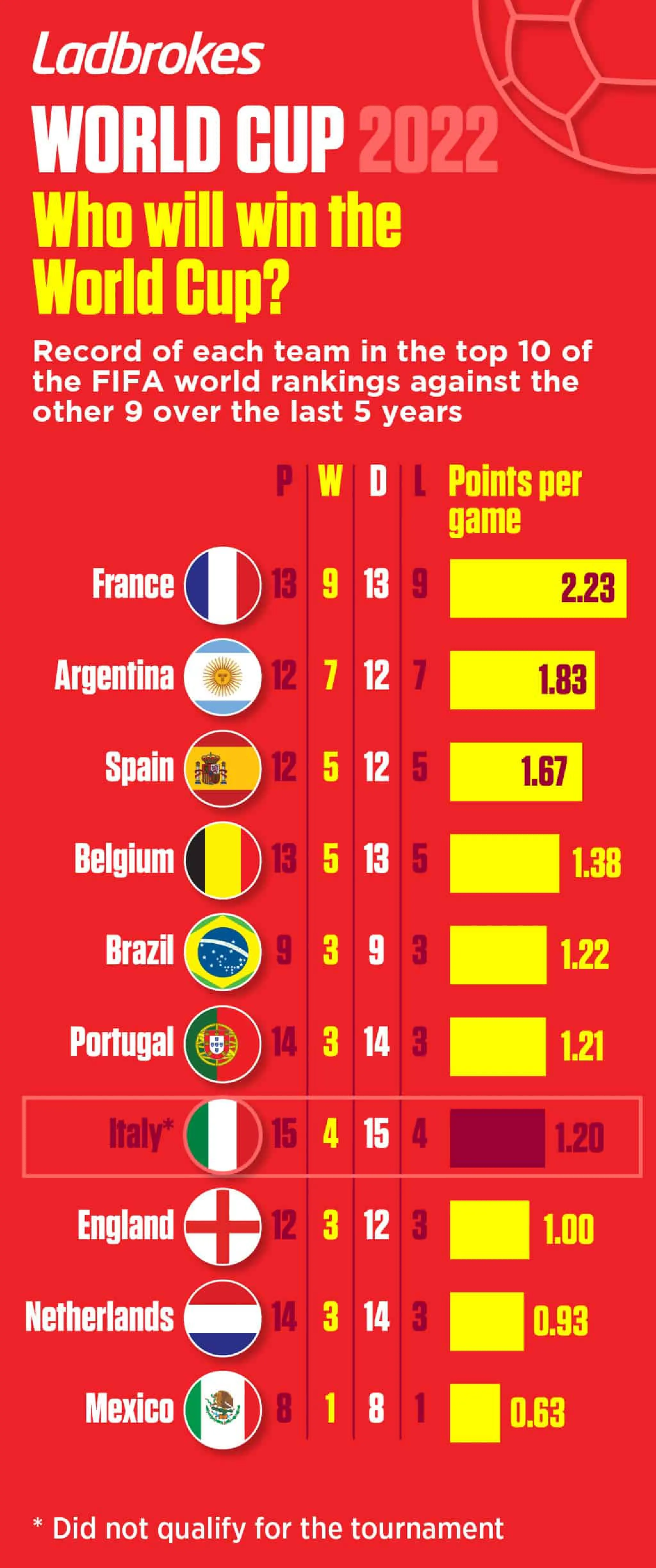
Defending champions France appear well-equipped to retain their title, having won nine of their 13 clashes against other top teams since the start of 2017 and losing just two. Argentina have handled themselves somewhat better than Brazil, who have won just three out of nine in this period.
England’s record is fairly dismal here, with three wins, three draws and six defeats from 12 matches. Only the Netherlands and Mexico have fewer points per game among the current top 10, suggesting that good fortune – or excellent preparation – will be required for Gareth Southgate’s side to match their performance at the 2018 tournament.
When does the 2022 World Cup start?
The finals get under way on November 21, and finish on December 18. There will be up to four matches a day in the group stage.
Matches at the group stage will kick off at 10am, 1pm, 4pm and 7pm GMT.
